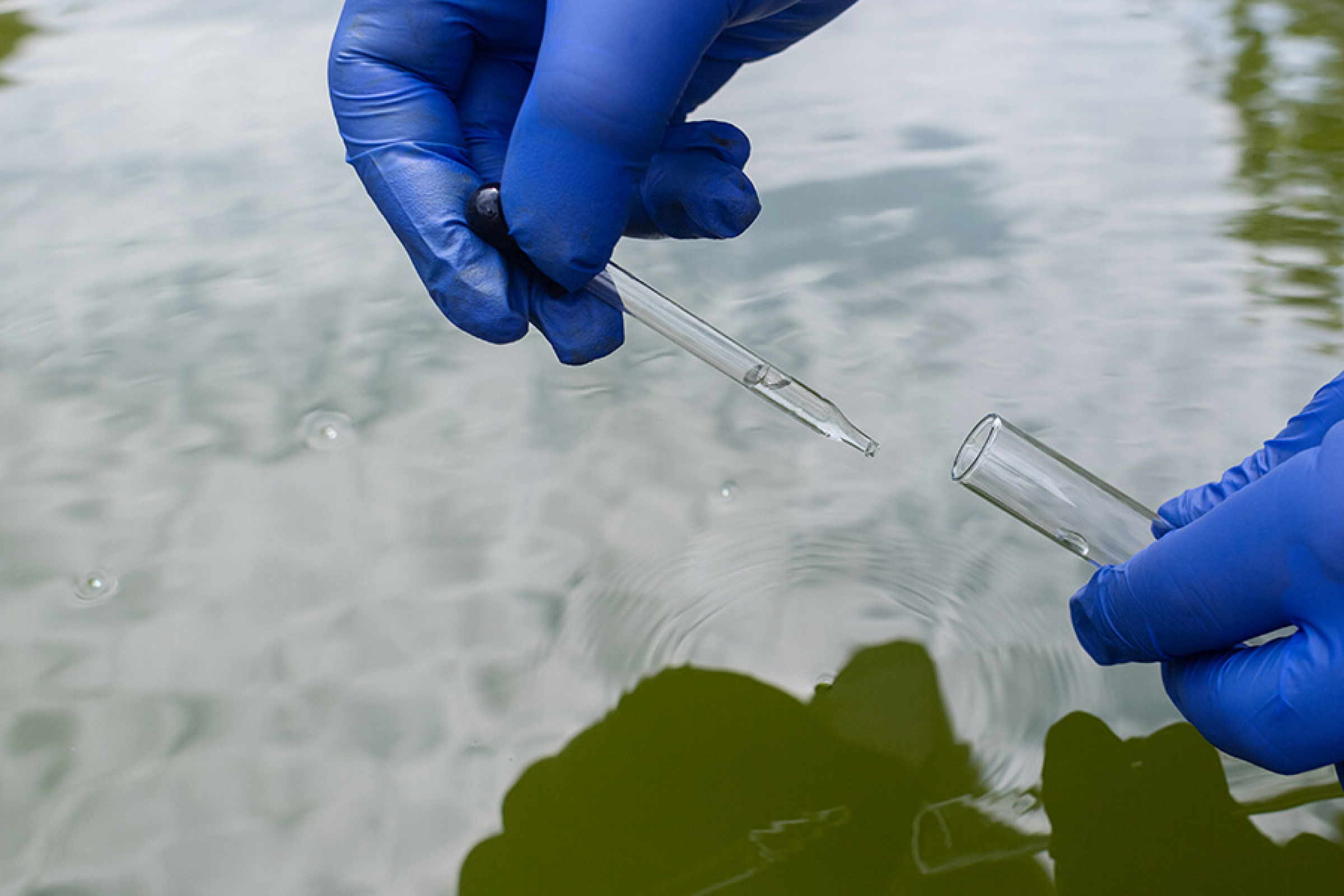The history of California is inseparable from the history of how water has been sourced, secured, routed and used – and now, reused.
The drought of over two decades across the Southwestern states has called for a new paradigm of “potable reuse”: the process of combining elements of wastewater reclamation and drinking water treatment to create a local, sustainable and drinkable water supply. In Los Angeles, the mayor’s office has the goal to recycle 100% wastewater and source 70% of water locally by 2035. This mindset isn’t only relevant to Southern California; potable reuse has the potential to be applied nationally and globally as a proactive measure against climate change.
Its success will depend on new materials, processes and systems that meet public health, energy and sustainability objectives. USC is at the forefront of this research, with key researchers including Amy Childress, Adam Smith, Dan McCurry and Adam Simpson, and documentation and outreach efforts spearheaded by lecturer and filmmaker Daniel Druhora.
Now, USC has established a knowledge-exchange consortium with two other major hubs of water resilience research in the drought-stricken Southwest: the University of Nevada-Reno (UNR) and the University of Arizona (UA). The initiative has been awarded a $12.3M cooperative agreement for phase one of a three-phase $38 million program under a cooperative agreement with the U.S. Army Corps of Engineers, Engineer Research and Development Center, Construction Engineering Research Laboratory (USACE ERDC-CERL).
